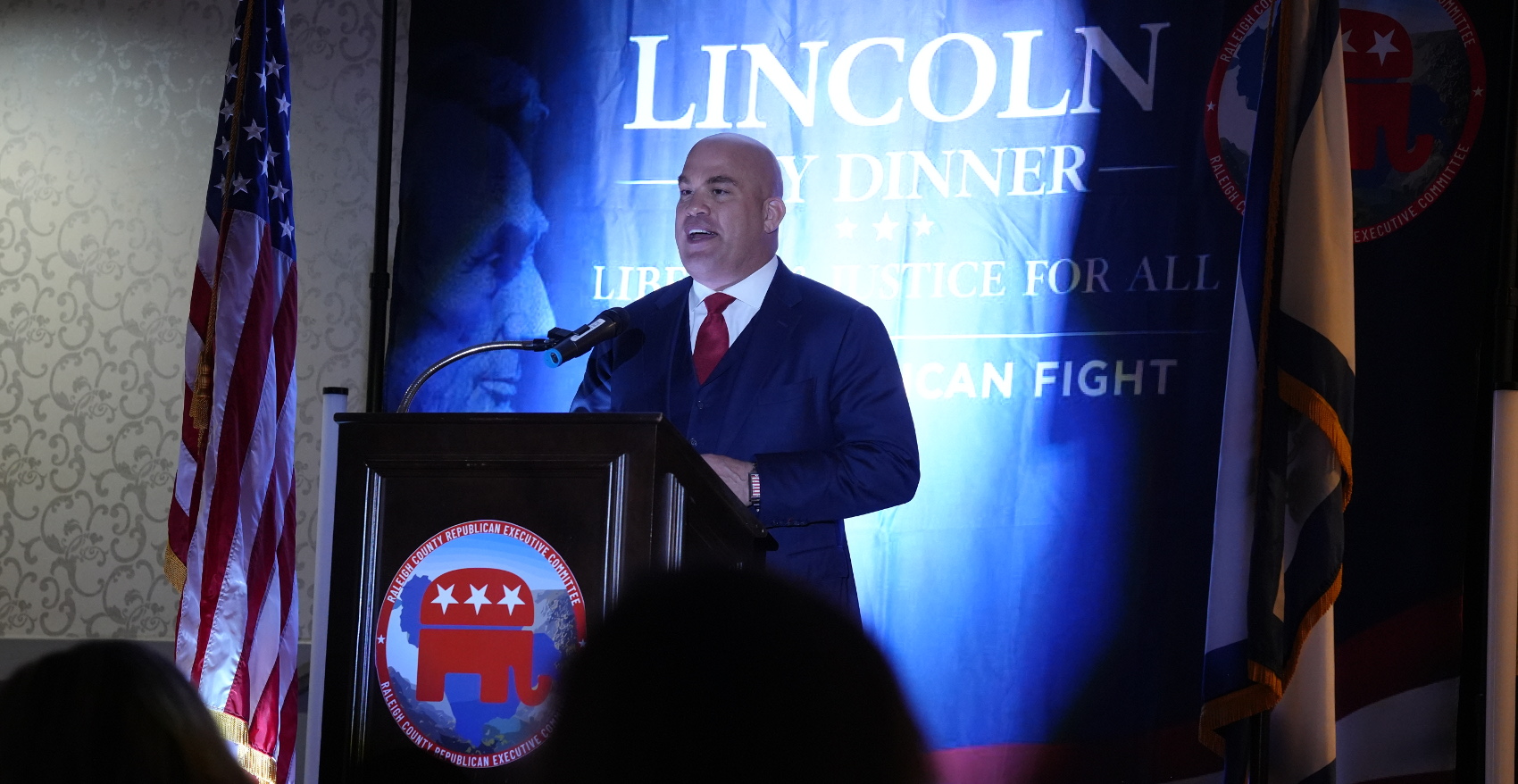This chapter deals with a very important and contentious part of the Christian life – how do we handle it, how do we process things, when we find ourselves criticizing other believers for the freedoms they exercise, if they exercise more freedoms than I think Christians should exercise? What if in my judgment their liberty is leading them to license?
Or what if I am exercising my freedom in Christ and I see Christians around me who have a much narrower set of convictions and I find myself criticizing them for being stuck in legalism, and thinking they are stuck in the past, and feel superior to them because I am free to exercise more liberty than they do?
We gotta be clear right from jump street here that Christians never have liberty to engage in behavior the Bible clearly labels as sin, and excuse it on the grounds of their liberty in Christ – for instance, viewing pornography is a sin, period, because you can’t do it without violating the teaching of Jesus himself – remember he said, (Matthew 5:27) “You have heard that it was said, ‘You shall not commit adultery.’ 28 But I say to you that everyone who looks at a woman with lustful intent has already committed adultery with her in his heart.”
So we must look at the clear teaching of Scripture and never violate it on the grounds of our liberty in Christ –
Should Christians be vegetarians? This issue was created by the meat market – you had pagan temples all over Rome, and meat sacrifices were offered to these pagan gods every day – then this meat, which had been offered to a pagan deity, was sold in the meat market, if the pagan priests did not use all the meat for their sacrifices they would sell it in the public meat market – so you could get a prime cut of beef for a discounted price, could get a great deal –
And some Christians would say, you can’t that meat at all – it’s been defiled by being offered to a pagan god – others said there’s no such thing as other gods – there is only one God – so it’s easy to see how arguments would start and this issue could divide the Body of Christ, and get people judging and condemning each other –
Paul also addresses drinking and day of worship in this chapter – there was a dispute over whether Christians could drink wine, and a dispute over whether Christians could worship on Sunday or whether they were required to worship on the Sabbath, which of course was Saturday –
Here is what Paul says, getting straight to the point: [3] Let not the one who eats (meat sacrificed to idols) despise the one who abstains – in other words, don’t look down on those whose conscience does not permit them to each meat sacrificed to idols, don’t think you are superior to them, that you are on some kind of elite tier –
3b] And let not the one who abstains pass judgment on the one who eats, for God has welcomed him – so don’t condemn, don’t stick your nose in the air in self-righteousness and criticize them and accuse them for eating meat products – why? Because God has already welcomed them – Paul says who are you to reject someone God has already received? – 4] Who are you to pass judgment on the servant of another? It is before his own master that he stands or falls, and he will stand, for the Lord is able to make him stand –
So Paul says to the legalist, that guy over there, the guy that you are criticizing and condemning, he doesn’t answer to you – he has a Lord to whom he is accountable and his master will deal with him – instead of condemning, it’s better to realize that the issue is between that guy and Christ, it’s not really any of your business, and Christ is able to counsel him, to correct him if necessary, to commend him, and cause him to stand –
Let not the one who abstains (from meat sacrificed to idols) pass judgment on the one who eats, for God has welcomed him
Now people even in the Body of Christ may be vegans or vegetarians, and take a perverse kind of pride in being superior to carnivores –
The example Paul gives is in 1] One person believes he may eat anything (including meat that has been sacrificed to a pagan god and then sent to market) while the weak person (the one whose conscience is not fully informed by the Word of God) eats only vegetables, because in his view vegetables are a purer form of food, it’s food that hasn’t been contaminated –
Note that Paul says the one who is free to eat meat is actually stronger in the faith than the one who pridefully restricts himself to vegetables and actually feels superior to the meat-eater, even though the Bible says the carnivore is actually the one with the stronger faith – that’s a proposition that might trigger your average vegan –
So we have the same issue in the church today – we have carnivores and vegans, meat-eaters and vegetarians in the Body of Christ, right? And the vegans can pass judgment on the carnivores and the carnivores can despise, look down on, feel superior to the ones who are plant-eaters –
Paul says the same can be true with the day of worship – some will choose to worship on Saturday, since that’s the Old Covenant Sabbath day, while others will choose to worship on Sunday in memory of the Lord’s resurrection from the dead – as the early church did – 5 Each one should be fully convinced in his own mind
I had extensive conversations with a pastor in Boise whose church met exclusively on Saturday – we agreed to respect each other’s convictions and we remain good friends to this day –
All of us are to respect the conscience of other believers without passing judgment on them, and we are to grant them liberty in Christ to pick the day of worship that works best for them and suits their conscience, without feeling obligated to follow suit –
The same is true with alcohol – the Bible is clear that while drinking itself is not a sin, drunkenness always is – drinking is not a sin but drunkenness always is – so we oughta do the same thing: the one who feels the freedom in Christ to have a glass of wine should not despise the one who does not, but instead, respect the conscience of his brother, and likewise the one who does not have liberty of conscience to drink wine must not pass judgment on the one whose conscience in Christ permits him to consume in moderation –
Ultimate standard here: if we permit what the Scriptures forbid, that is license; on the other hand, if we condemn what the Scriptures permit, that is legalism –
So let’s make it our pledge to honor and respect the conscience of our brother, and refuse to despise him if his conscience limits are narrower, and refuse to condemn him if his conscience limits are broader – even though my conscience would not permit me to do it –











